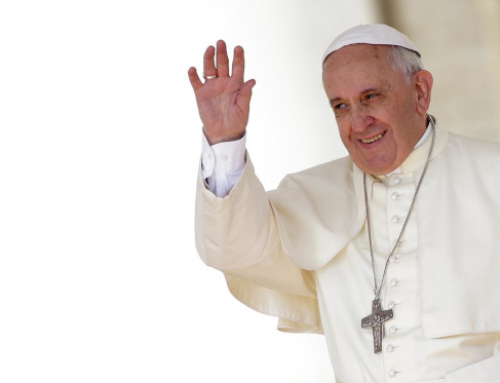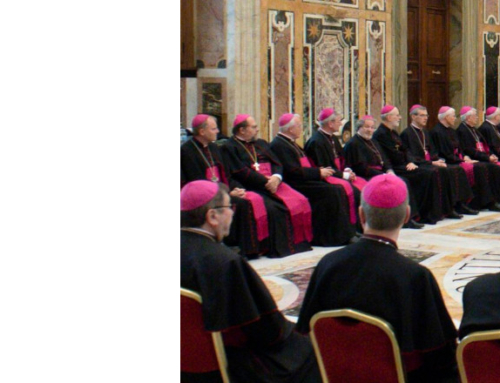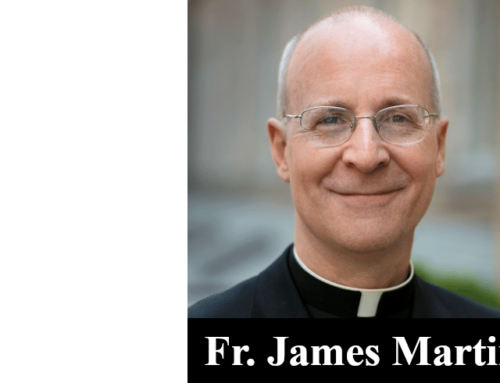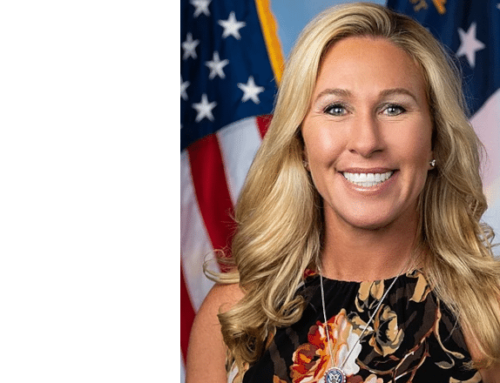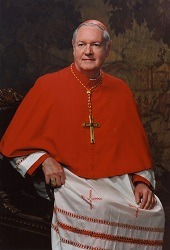
Unlike the rest of the New York media, which treated the late New York Archbishop with respect, the New York Times took advantage of his death to write a statement that read more like an editorial than an obituary.
The Times wasted no time telling its readers what it thought of the late archbishop. In the first sentence of its 2800-word obituary, it labeled Cardinal Egan a “stern defender of Roman Catholic orthodoxy.” Not just an ordinary defender of the Church’s teachings, but a “stern” one. Even without the adjective, the phrase makes us wonder whether the Times expects any archbishop not to defend the Church’s orthodoxy. Don’t those who write editorials for the Times defend the newspaper’s orthodoxy, sternly or otherwise?
The reason the Times mentions Egan’s orthodoxy is because it finds many Church teachings disagreeable. Which ones? It says Egan “delivered stentorian lessons from the pulpit on abortion, contraception, homosexuality, priestly celibacy and other matters.” With the exception of women priests, there really aren’t any “other matters” as the Times sees it; that list just about sums up the entire corpus of Church teachings. Similarly, it said Egan “walked the line of church doctrine against winds of change.” Meaning he didn’t adopt the Times’ secular values.
Right on course, the obit speaks about “pedophile priests” and clergy “accused of molesting children.” In fact, less than 5 percent of the molesters were pedophiles and almost 80 percent of the victims were postpubescent. This was a homosexual scandal—not a pedophile one.
Egan is also accused of “calling the police to oust protesters from a church.” He sure did: they camped out in the church and refused to leave. Question: Does the Times allow squatters to take over its offices?
The obit also notes that “Cardinal Egan distrusted the news media and rarely gave interviews.” Actually, he didn’t distrust all the media, just those outlets that can’t separate their politics from their coverage.


